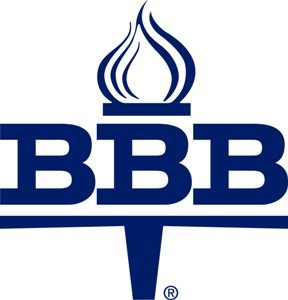
Media reports on the outbreak of coronavirus in the Wuhan region of China already have prompted a social media scam targeting Chinese-Australian citizens in Wuhan with a phony online evacuation form, according to a report by Australia’s ABC news outlet.
During the 2009 swine flu epidemic, McAfee Avert Labs, an online security company, reported that messages promoting virus treatment and prevention, or otherwise sensationalizing the outbreak, accounted for 2 percent of all spam sent in the days following the first media reports of the outbreak. And various websites promoted “survival guides,” masks, prevention tips and treatments, most of them of little value in fighting flu.
Free information on the virus, the outbreak, and preventive measures is available on the Centers for Disease Control and Prevention (CDC) website.
BBB offers the following advice to avoid coronavirus-related scams:
- Avoid opening e-mail from an unknown source. Do not click on links in the body of the e-mail or open any attachments. Instead, delete the e-mail. If you suspect that it is a scam, report it to BBB Scam Tracker.
- Disregard online offers for vaccinations. Vaccinations against coronavirus do not exist. For more information on the virus and updates on progress in fighting the outbreak, go to the CDC’s website at cdc.gov.
- Make sure the antivirus and anti-malware programs on your computer are up to date and all operating system security patches have been installed. If your computer becomes infected as the result of a spam e-mail about coronavirus, you can report it to the Internet Crime Complaint Center at www.ic3.gov.



